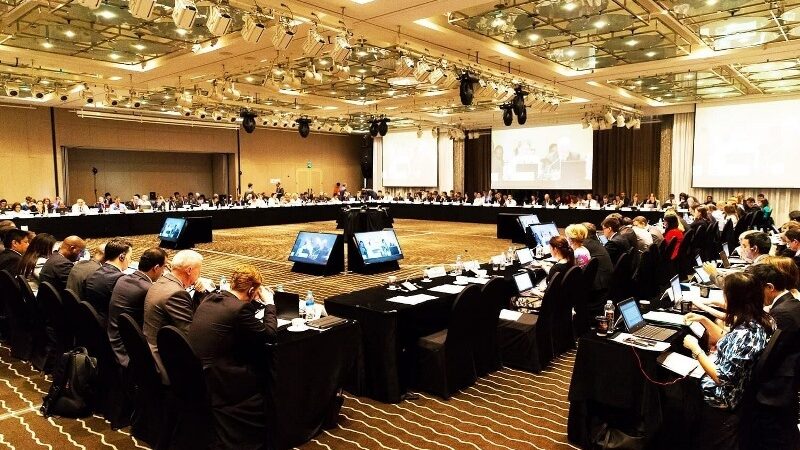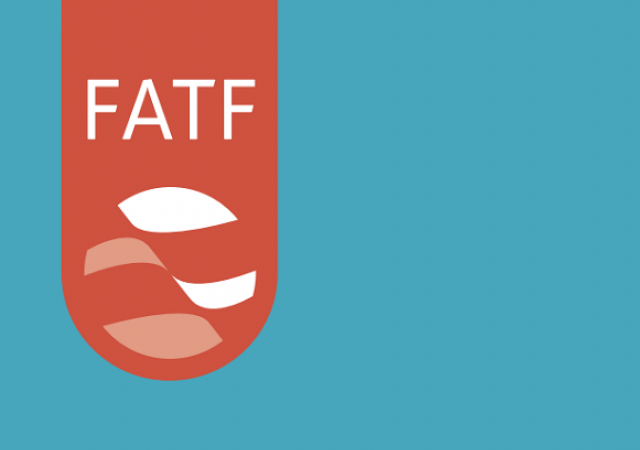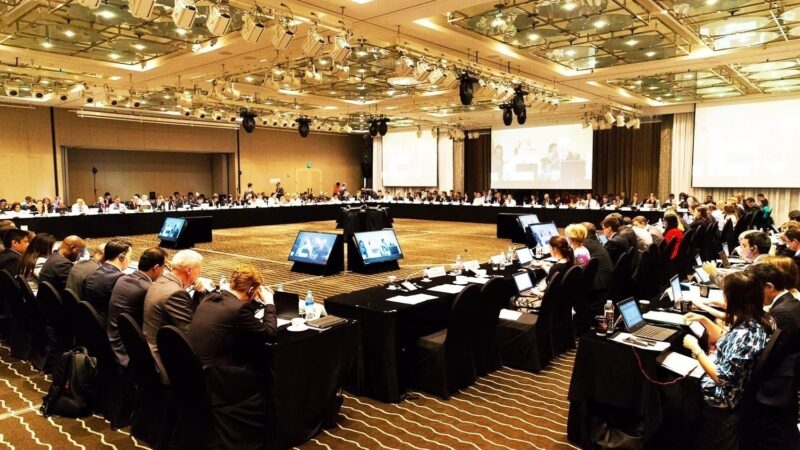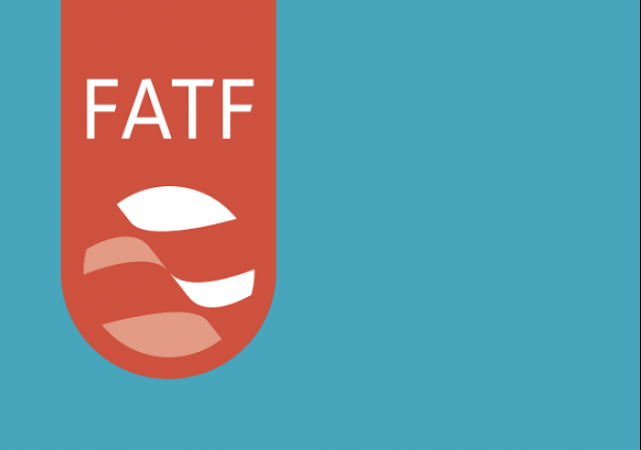According to a research paper published by an think-tank, Tabadlab, Pakistan has lost $38 billion in economic growth as a result of the FATF putting the country on its grey list three times since 2008. Pakistan may remain on the FATF list of countries whose anti-money laundering and anti-terror financing laws do not fully comply with international standards.
According to the Asia Pacific Group, regional body of FATF, Pakistan has successfully implemented 31 out of 40 FATF recommendations. In February 2021, Pakistan submitted its third progress report to the APG. Moreover, Pakistan has issued a number of sector-specific legislation, which provides more specific obligations for those sectors to assess and mitigate their risks.
The Financial Action Task Force (FATF), has extended Pakistan’s deadline from June to October to take steps to avoid being placed on its blacklist. The deadline has been extended because of the outbreak of COVID-19. It will now meet from October 21 to October 26 in Beijing. In February 2020, the FATF expressed concerns over “Pakistan’s failure to complete its action plan in line with the agreed timelines.
The Financial Action Task Force (FATF) will meet in Paris for five days to decide on Pakistan’s grey list fate, staring on February 16. In October 2019, the FATF had decided to keep Pakistan on its grey list till February, giving it time to implement the FATF’s 27-point action plan. Pakistan is on its grey list because of deficiencies in the country’s Anti-Money Laundering and Countering of Terrorist Financing regulations.
Pakistani team, headed by Minister for Economic Affairs Hammad Azhar, has “defended country’s compliance report during the joint group of FATF meeting held at Beijing, China” and reportedly satisfied the global watchdog. The Indian side had to face embarrassment as the US and European countries did not extend their support to their “tough but mostly irrelevant questions” during the joint group meeting.
Pakistan may remain on the grey list of the Financial Action Task Force (FATF) beyond February 2020, mainly because of its risk profile and in view of two simultaneous evaluations according to senior officials. Officials also revealed that the government recovered only Rs5.6 billion in taxes on foreign assets worth about $7.4bn (Rs1.15 trillion) of Pakistanis reported by the international
Pakistan avoids The Financial Action Task Force (FATF) blacklist on Friday. FATF decided to keep Pakistan on the grey list as Islamabad failed to fully implement the 27-point Action plan. Pakistan’s efforts on the agreed five action points were appreciated but it’s position on other points were partially acknowledged or rejected by the global body, providing the country another four months to complete the remaining actions.
The Financial Action Task Force (FATF) has decided in a meeting in Paris that Pakistan will remain on its grey list till February 2020, according to local news channel. The meeting on Tuesday reviewed Islamabad’s measures to control money laundering and terror financing but observed that further steps need to be taken. The FATF directed Islamabad to take ‘extra measures’ for ‘complete’ elimination.
International Monetary Fund (IMF) Resident Representative Teresa Daban has said that it is essential for Pakistan to exit the grey list of the Financial Action Task Force (FATF) in order to secure private sector credit to meet external financing needs. “Failure to exit from the FATF grey list is a risk to the recently approved $6 billion IMF deal,” said Daban.








